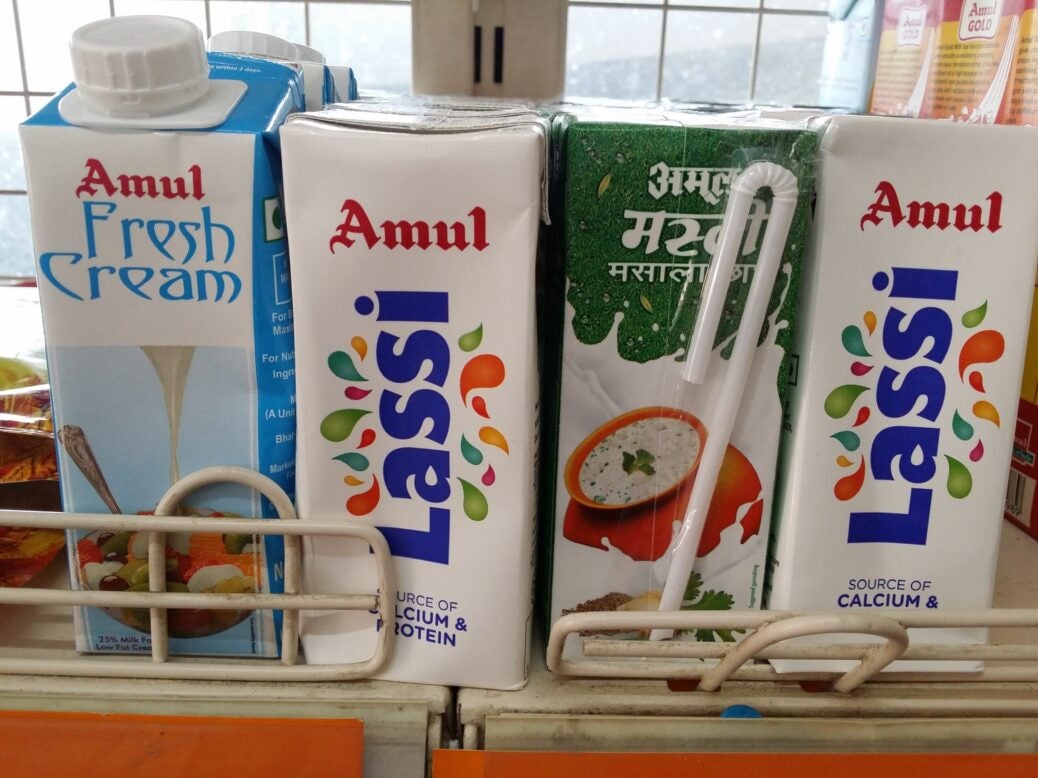
India’s Gujarat Cooperative Milk Marketing Federation, the owner of major domestic dairy brand Amul, could become the leader of a planned multi-state association of five cooperative bodies promoting organic food.
In the coming winter session of the Indian parliament, the central government is planning to table legislation that would authorise the creation of national cooperative bodies. So far, cooperative societies have operated under the authority of India’s state governments. The central government has said the law would promote transparency and accountability within Indian national cooperative societies, making it easier for them to do business.
Amul managing director R. S. Sodhi told Just Food the company would not be merged with the other co-ops, which are: the Indian Farmers Fertiliser Cooperative Limited (IFFCO); the National Agricultural Cooperative Marketing Federation (NAFED); the National Cooperative Development Corporation (NCDC) and Krishi Bharatiya Cooperative Limited (KRIBHCO).
“There is a new multi-state cooperative society being floated for managing the supply chain of organic products from India. Amul is the market leader in the consumer food segment and its knowledge and expertise will be used to promote Indian organic agriculture products,” Sodhi said.
“The Gujarat Cooperative Milk Marketing Federation started [the milk cooperative movement] with two villages and today we have 18,500 co-op societies of milk producers [as members]. We are happy to share our expertise in the field of cooperatives.”
Dr Chetan Narke, director of trade body the Indian Dairy Association, outlined what he saw as the benefits of the planned move. “The proposed multi-state cooperative society is good if it is specifically aimed at export and technical enhancement because it would bring foreign currency into India, which will directly benefit the owners of the cooperative society – that is farmers.”
While India is the largest milk producer in the world, it cannot export much of its surplus milk as it does not meet international standards. “If we scale up our milk farming methods, we can increase milk production by 15-20%, which is what the government is banking on,” Dr Narke said.
Kuldeep Sharma, founder of consultants Suruchi Dairy Advisors, believes the proposed multi-state cooperative society would not result in central government interference in the day-to-day functioning of the independent Amul cooperative movement and saw an upside for the business.
“If this helps Amul get a better market in Sri Lanka where Indian dairy products have not reached to [the export sales] level reached in other neighbouring countries, then probably it [the initiative] is good.”



